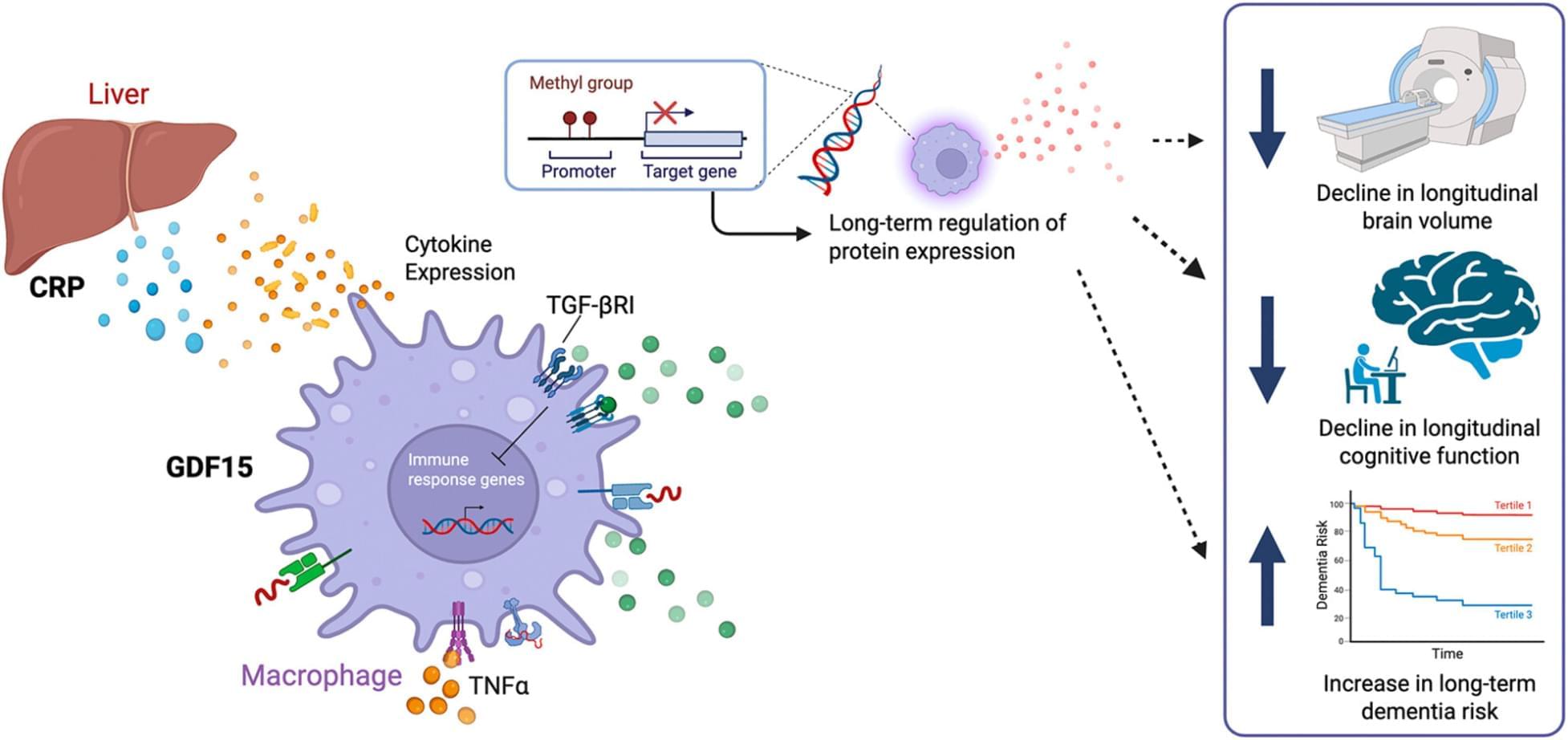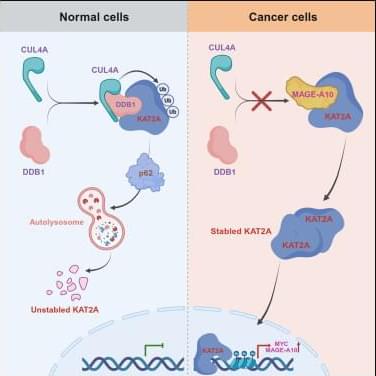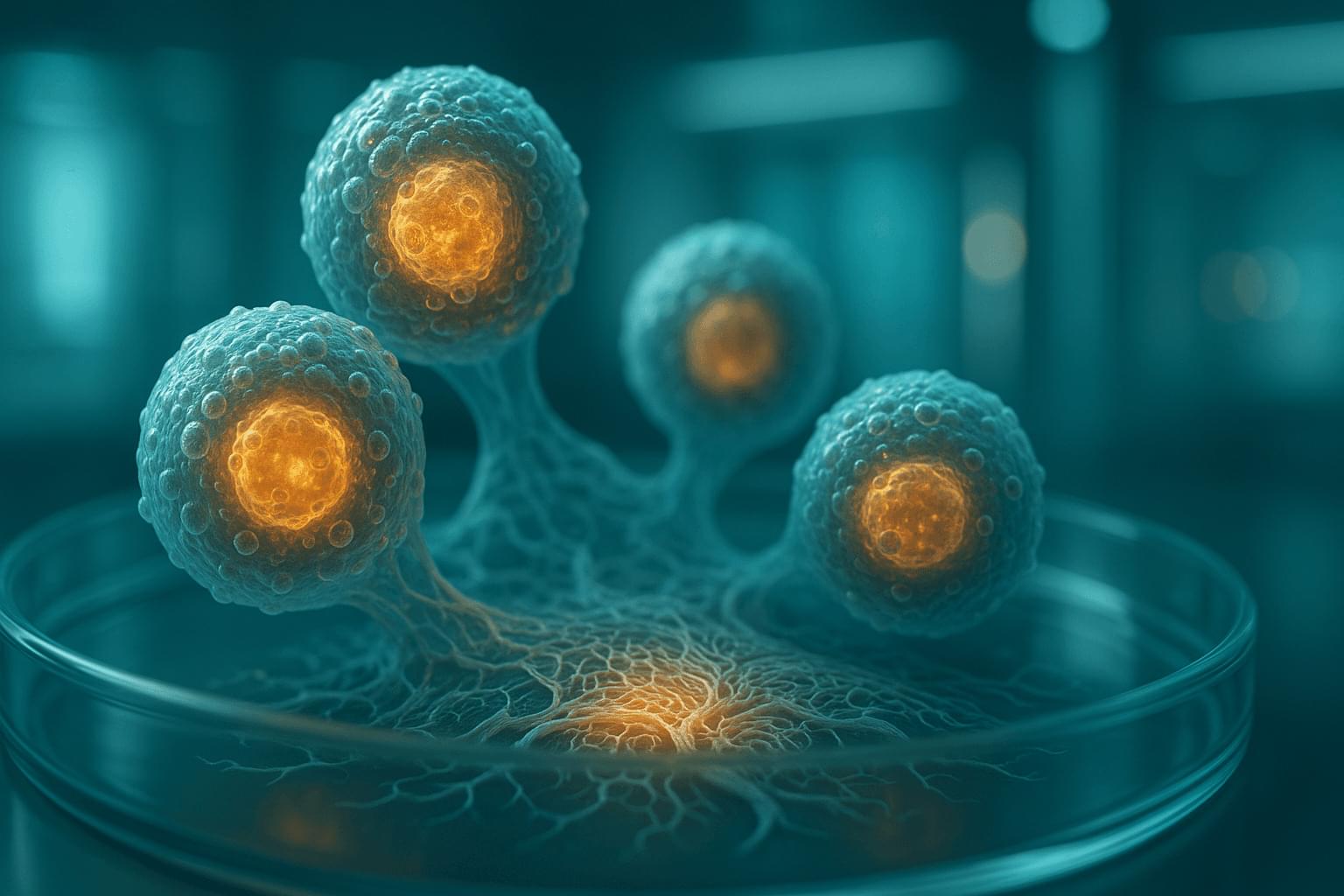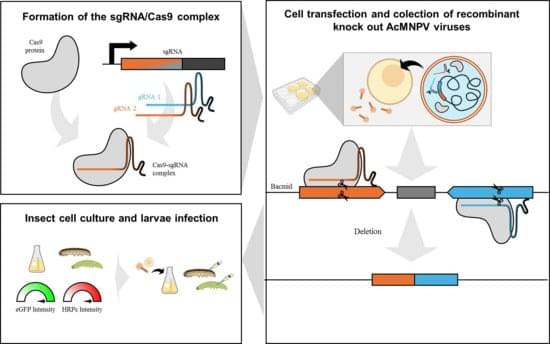From the article:
Following a vegetarian diet can be a boon for your health, even possibly cutting your risk of certain chronic illnesses, according to the Mayo Clinic. Yet a recent study, conducted by nutrition experts and published in the Nature journal npj Aging, suggests that not everyone will experience the same benefits when they cut out meat entirely. Adults over the age of 60 may have different nutritional needs, meaning a more diverse diet could instead help them live longer… Utilizing data from the Chinese Longitudinal Healthy Longevity Survey, the study reviewed information from nearly 2,900 Chinese older adults who were considered to be healthy. Participants’ diets were categorized four ways:
- vegan (avoiding any animal products, including eggs, seafood, or dairy) — ovo-vegetarian (vegetarian plus the inclusion of eggs) — pesco-vegetarian (vegetarian plus the inclusion of fish and seafood) — omnivorous (eating both plant-and animal-based products)
After an average follow-up period of six years, “Individuals who maintained omnivorous diets from age 60 years had higher odds of achieving healthy aging” versus those who “consistently” followed vegetarian eating patterns. When the team further analyzed the health data of those who survived to age 80, omnivorous eaters were more likely than vegetarians to avoid major chronic disease, physical function impairment, and cognitive impairment.
“Given age-related physiological changes in digestive and metabolic systems” in aging adults, the study specifically flagged the potential for muscle loss and bone fracture for those adhering to vegetarian diets. Another interesting discovery: older adults following a vegan diet were “most strongly associated with adverse effects on healthy aging,” which the text attributes to an increased risk of protein deficiency.”
npj Aging — Vegetarian diet and healthy aging among Chinese older adults: a prospective study. npj Aging 11, 25 (2025). https://doi.org/10.1038/s41514-025-00213-4







